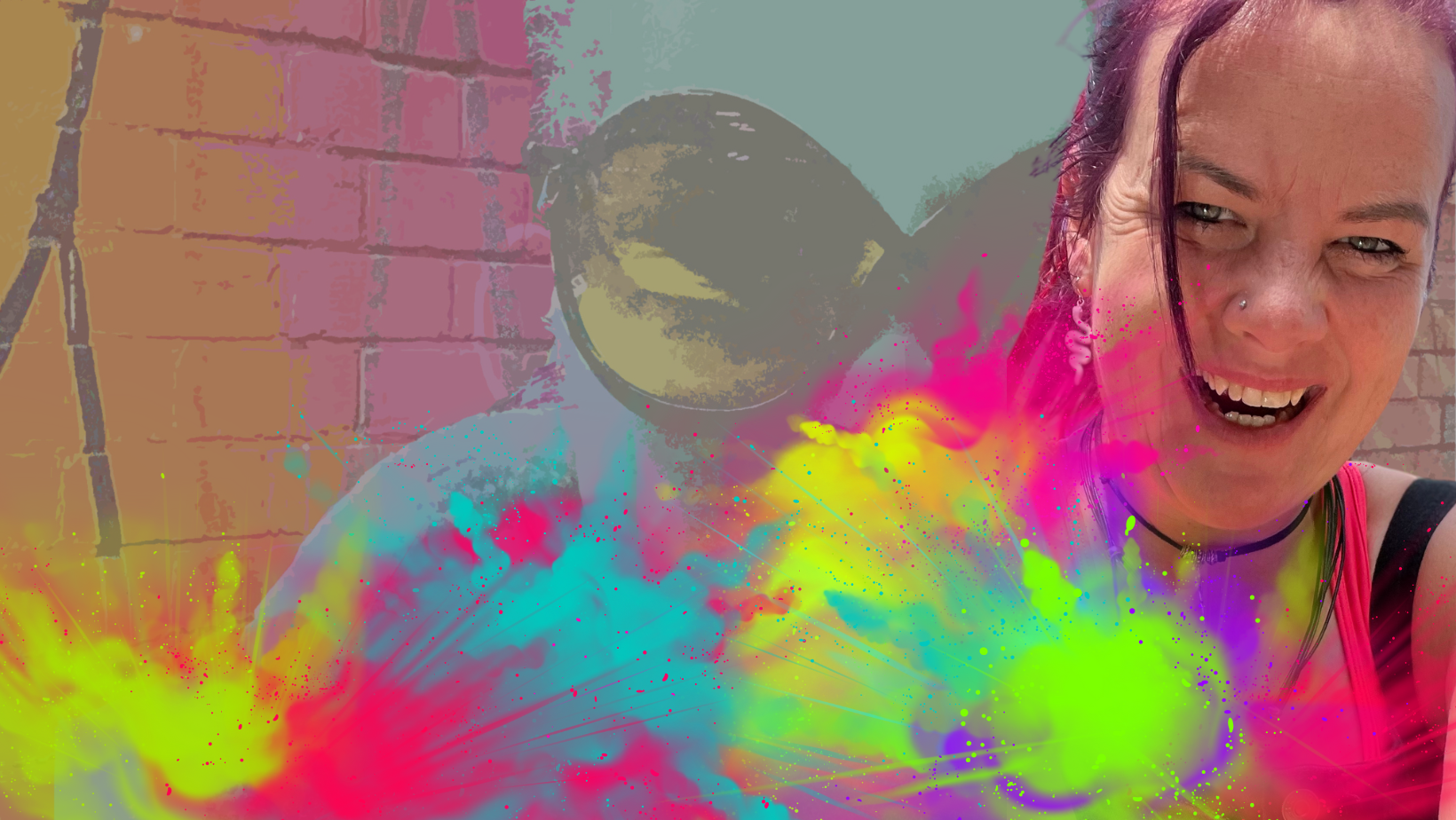THE ANTI-HUSTLE CLUB
Blog
THE ANTI-HUSTLE CLUB
Blog


What Lies Beneath - Shame and Entrepreneurship
"Shame corrodes the very part of us that believes we are capable of change." - Brene Brown
Introduction:
Welcome to my blog where I open up about my battle with trichotillomania and addiction, and how shame has affected me. For those who don't know, trichotillomania is a hair-pulling disorder that can result in hair loss and bald patches. Addiction is another battle I've faced, and the shame that came with these disorders was almost unbearable.
Shame is a powerful and often debilitating feeling that can affect every aspect of our lives. It can make us feel unworthy, isolate us from others, and even prevent us from seeking help. In this blog, I'll share my personal experiences with trichotillomania and addiction, and how shame impacted my journey. My hope is that by sharing my story, I can help others who may be struggling with similar challenges and break the stigma surrounding mental health.

I have been battling trichotillomania, a hair-pulling disorder, and addiction since I was a teenager. I started pulling my hair at the age of 12, and for years, I struggled to understand why I couldn't stop. It wasn't until much later in life that I learned that hair pulling is not well understood and is often a comorbidity of ADHD and autism. It can be a sensory habit or a result of trauma or PTSD.
As I got older, my hair-pulling habit started to impact my life in more significant ways. I struggled with addiction and found it challenging to break free from destructive patterns. I realised that there was a link between my hair-pulling, addiction, and my overall sense of shame.
For years, I struggled with addiction and relapses of trichotillomania. It wasn't until I began to understand shame that I was able to start healing. I had a few pivotal moments in my journey that helped me:
The Power of Now: I read The Power of Now by Eckhart Tolle, and it changed the way I thought about my life. The book helped me understand mindfulness and neuroplasticity, the brain's ability to rewire itself. By learning to be more mindful, I could learn to recognise my triggers and avoid destructive behaviours.
Navigating Anger: I experienced a lot of anger when I separated from my husband, and I had to learn to navigate this emotion. I had to learn to observe my thoughts and feelings without judging them. It was a challenging process, but it helped me learn to control my emotions and avoid destructive behaviours.
Comfort in Solitude: I had to learn to be comfortable in my own company without distracting and numbing. It was a difficult process because I had always used drugs or other distractions to avoid being alone with my thoughts. But by learning to be comfortable in solitude, I could focus on my personal growth and avoid destructive behaviours.
Shame and Self-Discovery: I took a course in Shame and learned to observe my thoughts and feelings and look underneath my behaviours for the message. I learned that the body has an innate intelligence, and that is a gift. By working on my shame, I could finally start to overcome my hair-pulling and addiction.
Through these experiences, I learned that shame can have a significant impact on how we show up in our business. When we don't believe we are loved and that we belong, it is difficult to persuade people to buy our products and services. When we feel unworthy, we struggle to be fully expressed and confident, which translates as weak and wobbly energy that is repellant to our buyers.
Therefore, it is crucial to work on our mindset and shame in order to achieve the success we desire. By acknowledging and working through our shame, we can overcome obstacles and achieve the success we deserve. It's not an easy process, but it's one that is necessary for personal growth and self-discovery.
In conclusion, my journey of healing and self-discovery taught me that shame can be a powerful force that affects every aspect of our lives. By acknowledging our shame and working through it, we can learn to overcome our personal obstacles and achieve the success we desire.




